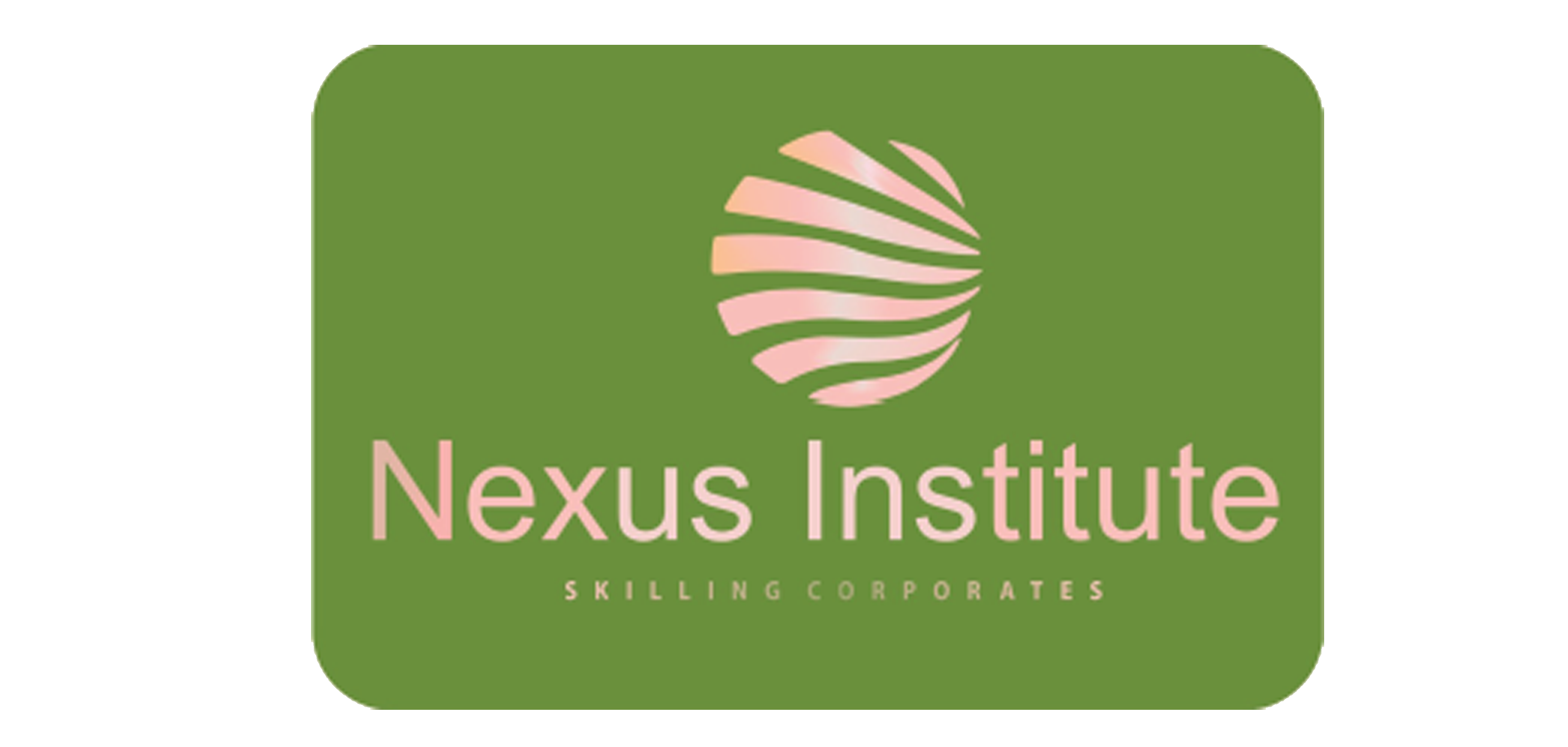Course Overview
Overview:
Customer care skills training aims to equip employees with the necessary competencies to provide exceptional service to customers. This training is designed to enhance the abilities of individuals who interact with customers directly or indirectly. It focuses on developing a customer-centric mindset, effective communication skills, problem-solving abilities, and the capacity to handle various customer situations with empathy and professionalism. The training typically involves a combination of theoretical knowledge, practical exercises, role-playing scenarios, and feedback sessions to ensure that participants can apply their learning in real-world situations.
Objectives:
- Understanding Customer Needs:
- Effective Communication:
- Problem-Solving and Conflict Resolution:
- Building Rapport and Relationships:
- Time Management and Efficiency:
- Emotional Intelligence:
- Utilizing Technology and Tools:
- Continuous Improvement:
Course Content
1. Introduction to Customer Service
- Understanding the importance of customer service
- Exploring the impact of excellent customer service on business success
- Defining internal and external customers
2. Communication Skills
- Verbal communication techniques
- Active listening skills
- Non-verbal communication cues
- Tone of voice and language choice
- Empathy and rapport building
3. Problem-Solving and Conflict Resolution
- Identifying customer needs and concerns
- Techniques for resolving customer complaints and issues
- Dealing with difficult customers
- Managing conflict effectively
- Turning negative situations into positive outcomes
4. Product and Service Knowledge
- Comprehensive understanding of products and services offered
- Features, benefits, and value propositions
- Handling inquiries and providing accurate information
- Keeping up-to-date with changes and updates
5. Time Management and Efficiency
- Prioritizing tasks and managing workload
- Handling multiple customer inquiries simultaneously
- Streamlining processes to improve efficiency
- Time-saving techniques for routine tasks
6. Emotional Intelligence
- Recognizing and managing emotions in oneself and others
- Empathy and understanding diverse perspectives
- Building positive relationships with customers
- Maintaining composure under pressure
7. Technology and Tools
- Proficiency with customer relationship management (CRM) software
- Utilizing communication channels (phone, email, chat, social media) effectively
- Troubleshooting common technical issues
- Data entry and documentation best practices
8. Role-Playing and Scenario-Based Training
- Simulated customer interactions to practice skills learned
- Feedback and coaching sessions for improvement
- Handling various customer scenarios and challenges
9. Continuous Improvement and Feedback
- Soliciting feedback from customers and colleagues
- Reflecting on performance and identifying areas for improvement
- Setting personal development goals
- Staying updated on industry trends and best practices
10. Assessments and Certification
- Evaluating proficiency through quizzes, tests, or role-plays
- Providing certifications or badges upon successful completion of training
- Recognizing and rewarding outstanding performance
11. Follow-Up and Ongoing Support
- Providing ongoing support and resources for continuous learning
- Follow-up sessions to reinforce learning and address any lingering questions or challenges
12. Review and Evaluation
- Reviewing the effectiveness of the training program
- Gathering feedback from participants and stakeholders
- Making adjustments and improvements for future iterations
This curriculum can be adapted and customized based on the specific needs and objectives of the organization and its customer service team. It’s important to ensure that the training is interactive, engaging, and practical, allowing participants to apply their learning in real-world situations.



